Pound Slumps as BOE Rate-Rise Expectations Recede
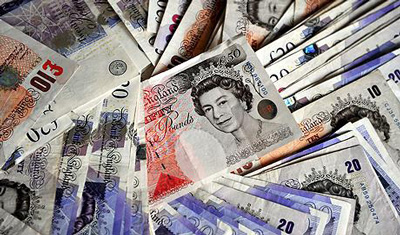
China-linked market turmoil has made Bank of England rate increase less likely, investors say
The British pound tumbled to a more than 5½-year low this week, as concerns about China help push back expectations of a long-anticipated interest-rate increase in the U.K.
When the U.S. Federal Reserve raised interest rates last month, the Bank of England was expected to be the first central bank in a major economy to follow, and soon. Then cameChina-linked market turmoil. Now, the BOE’s return to raising rates may be on hold, as it, and other central banks, assess the effects of lower growth in the world’s No. 2 economy.
Expectations of rising interest rates boost currencies as money flows in looking for higher returns. That happened to the pound, leaving it vulnerable to disappointment.
Sterling slumped to $1.4352 on Tuesday in London trading, the lowest since May 19, 2010.
Since the middle of last month, the pound has been the worst performer among the major globally traded currencies, including those weighed down by the plunging price of commodities, such as the Canadian and Australian dollars.
n late New York trading on Wednesday, the pound was down 0.3% on the day at $1.4407.
“There was a feeling that once the Fed got moving, expectations for the Bank of England would get pulled forward,” said Paul Lambert, head of currency at London-based asset manager Insight Investment. “That hasn’t happened at all.”
Derivative contracts linked to future interest rates indicate investors aren’t now expecting a rate increase until May 2017, according to UBS. At the end of 2015, that expectation was for October of this year.
The pound’s poor start to 2016 is also due to specific domestic factors, including disappointing economic data and worries that a coming referendum on the U.K.’s membership in the European Union could hurt the economy.
The U.K. has been among the fastest-growing developed economies in recent years, the reason that central bankers were expected to raise rates.
But investors say growing fears over China have clouded the prospects for a U.K. rate rise. While Britain isn’t alone in being exposed to a global growth slowdown, the BOE’s status as one of the few central banks contemplating lifting rates has left sterling vulnerable. The currency had rallied on expectations of higher rates, which attract investors seeking higher yields.
The prospect of further Fed rate rises continues to make the dollar attractive. Currencies such as the euro and the yen tend to rise in times of market stress, mainly as investors bring home money that was borrowed in these currencies to invest in other regions.
That makes the pound one of the few obvious major currencies to sell when a global growth scare hits.
“The pound has been a victim of unrequited expectations about monetary policy,” said Neil Mellor, a currency strategist at BNY Mellon. “Last year, [BOE Gov. Mark] Carney dusted off his hawkish rhetoric, but then oil and China came along.”
The BOE isn’t the only bank to display nerves over Chinese weakness and falling commodities. Minutes of the Fed’s December meeting—at which it raised interest rates for the first time in nearly a decade—show U.S. officials worried about weak growth overseas.
But U.K. central bankers appear to be particularly sensitive to a slowdown in China and to the commodity bust. The BOE in November signaled that gloomier prospects for the world economy had made the need for higher interest rates less urgent, backing away from Mr. Carney’s hints earlier last year that a rate rise was getting closer.
Weak U.K. industrial output data on Wednesday compounded worries that the British economy, the world’s fifth biggest, is at risk.
Further casting a shadow over the currency, is an EU referendum that could come as soon as this year, and could result in the U.K. leaving the trading bloc. While most analysts believe the British will vote to stay in Europe, few are discounting the chance and all warn of a protracted period of uncertainty.
In other currency trading Wednesday, the dollar fell 0.2% against the euro to $1.0877. It was little changed at ¥117.68.
Source: WSJ – Pound Slumps as BOE Rate-Rise Expectations Recede









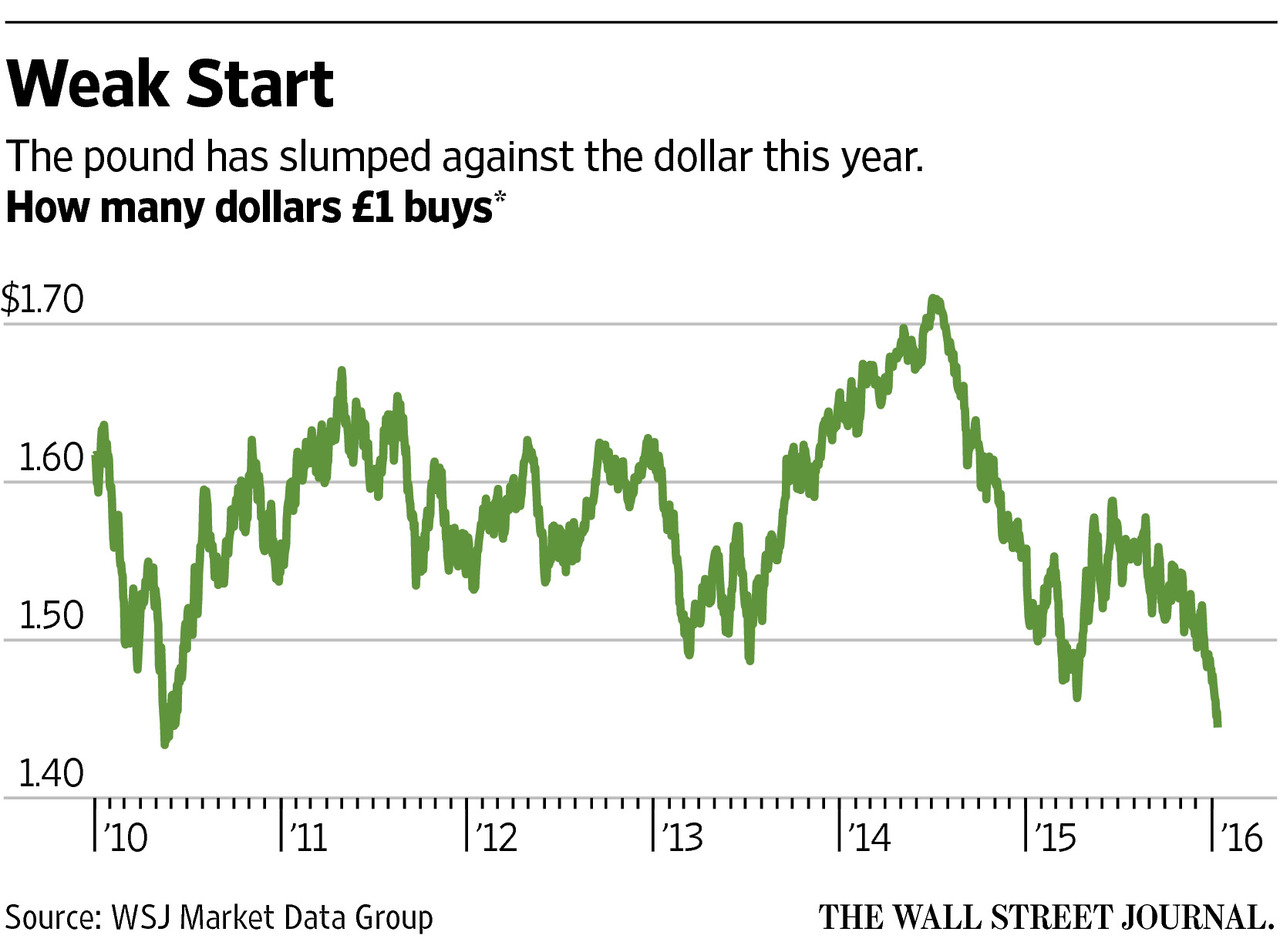
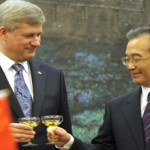
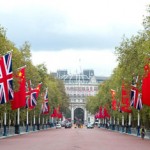
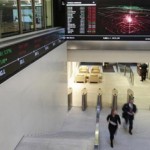


















This site is just gret. I’ve researched these stuffs a whole lot and I view it that is professional, fast to
understand. I congratulate you because of this research that I am going
to tell to the people friends. I ask you to recommend the gpa-calculator.co page where each college
student or scholar can calculate ratings grade point average rating.
All good!